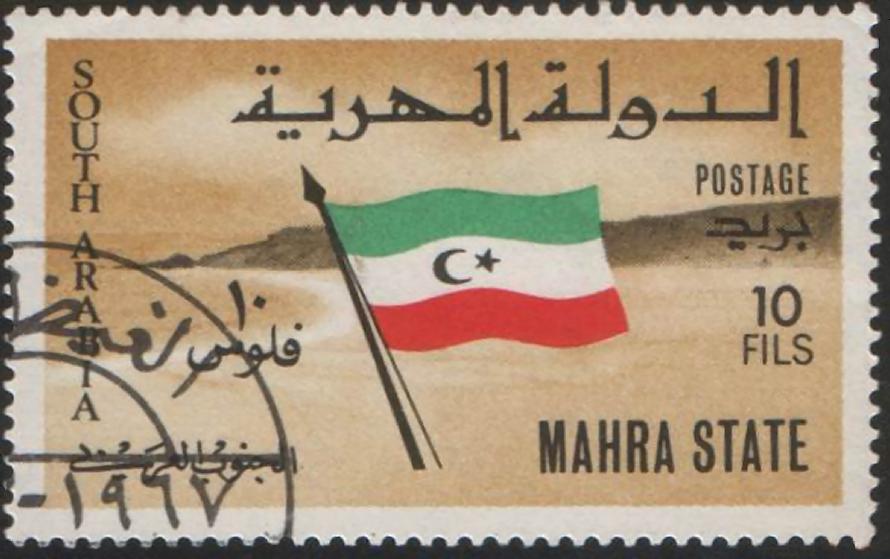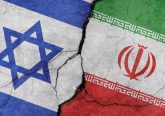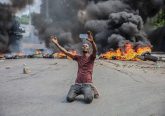In late November 2013, I was invited by a cross-tribal delegation in Yemen’s eastern province of Mahra to explain the results of a public opinion survey that I had completed there with their help earlier in the year. Owing to heightened security risks from entrenched interests and al-Qa’ida operatives, around 20 vehicles of trusted tribesmen, armed to the hilt, had made the journey to meet me at the desert crossing between Oman and Yemen. We drove through the night to a fortified compound just outside Mahra’s capital, al-Ghayda. This unfurnished fortress was to be the centre of activity for me and about 50 armed men for the next week. Strangely, I had never slept so well as I did on my roll-up mattress on the floor, safe in the knowledge that three guards remained outside my window all night and a dozen more on the roof above me.
The days were crammed with endless meetings as various sheikhs and delegates came to discuss how to shape Mahra’s future in line with the wishes of the people as revealed in our survey. While it was clear that Mahra overwhelmingly desires independence from Yemen (it was a Sultanate until its forcible takeover by South Yemeni forces in 1967), we tried to unravel from the data what really lay behind this desire for independence. Clearly, the top priorities were basic amenities. There are vast areas of Mahra in which 80% of inhabitants have no direct access to either water or electricity. Second was security, and when two al-Qa’ida fighters were captured just five minutes from our compound on my second day there, I began to see why.
The survey revealed that Mahris feel disenfranchised, 89% of them. They see no way for improvement via either a continuation of today’s ‘united’ Yemen or a return to rule by South Yemen (fewer than 10% in each case). A massive 86% want Mahra to be governed by a cross-tribal council. On the basis of this result, a local charity had organised elections in each of Mahra’s provinces to identify 260 delegates who were to attend a Congress in the capital, al-Ghayda, to elect The Mahra Council. It is this Congress that I addressed last November, which you can see here.
My speech was filmed for Yemeni television.








No Comment